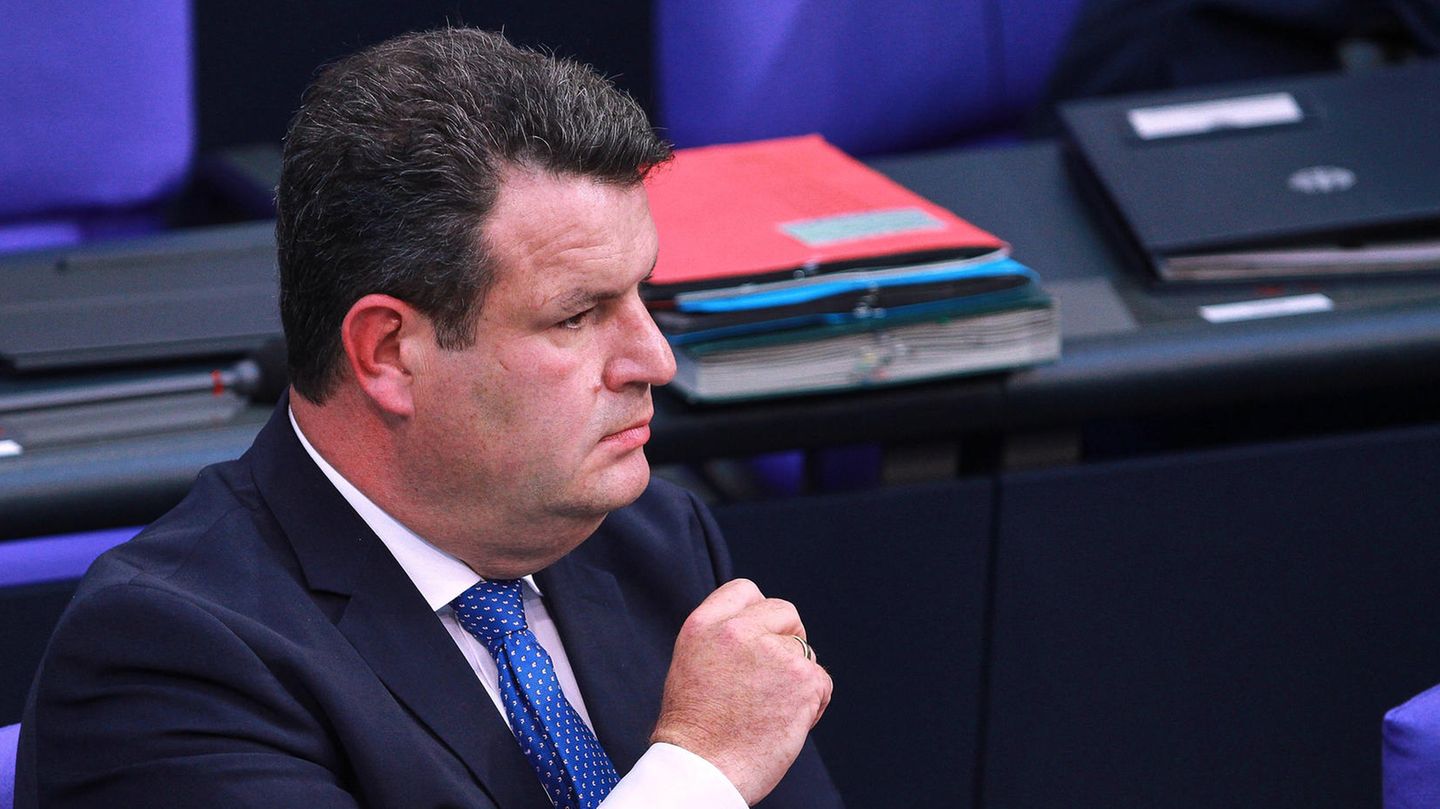Opinion
With the pension package, the traffic light wants to win over the old – at the expense of the young. Once again. And are you really wondering why they don’t want to vote for you anymore?
Everyone should be able to rely on the statutory pension, says Hubertus Heil. “If we don’t do anything now, future pensioners will be poorer in relation to the working population.” To prevent this, the Federal Labor Minister from the SPD has presented a pension package, which the members of the Bundestag are currently discussing.
Who could want future pensioners to become poorer? The minister’s plan sounds like a noble cause. But only at first glance.
The problem: Those who will soon be retiring will primarily benefit from the plans that are intended to set the pension level at 48 percent in the long term. But the young people are allowed to pay for it; The higher expenses should be financed through increasing contributions. That’s not fair.
Young people lose out on the pension package – there could be another way
And this in a situation in which the number of contributors is already decreasing and the number of pensioners is increasing. At a hearing in the Bundestag on the pension package, the economist and pension expert Axel Börsch-Supan complained about a “unilateral and massive redistribution to the detriment of the younger generation”.
Nobody, including young people of course, can want even more people than are already unable to live on their pension at the end of their working lives. But the pension package is no different than it is in politics: it’s about conflicting interests and how a balance is found in the end.
But there is no compensation here, anywhere. In this case, the traffic light decides that one side will lose: younger generations. There are other ways too. In order to at least provide some compensation, politicians could also demand a contribution from older people, for example by having them work longer, at least a little. It could raise the question of distribution and, for example, stipulate that very high earners will receive slightly fewer pension entitlements for their contributions in the future, while low earners will be better off.
Or she could decide on a stock pension based on the Swedish model, as was originally considered by the FDP. In the draft bill for the pension package, only a slimmed-down version of it remained, the generation capital. However, with the best will in the world, these returns will not be enough to offset the increasing contributions.
Traffic light failed to put the system on a new footing
One could hope that the FDP parliamentary group, in which there is resistance, will prevent the project. But what then? Regardless of whether the pension package comes or not, what is certain is that the traffic light has not addressed the structural challenges in pensions seriously enough.
It has failed to put the pension system, whose principle is reaching its limits, on a new footing. This doesn’t bode well for the future, for younger people. If you want the security that the Labor Minister is talking about, you have to take additional precautions privately; there is no way around it. They cannot rely on the statutory pension.
But how attractive is such a policy for you? The traffic light parties should ask themselves this question very quickly. The answer may be the key to their fundamental problem: Why are they losing support so dramatically, especially among younger voters? A common attempt at explanation is: people don’t care enough about their concerns. Bad enough, but in the case of the pension package it is worse: politics is even actively being made against young people. Nobody needs to believe that this won’t be noticed.
Source: Stern
I have been working in the news industry for over 6 years, first as a reporter and now as an editor. I have covered politics extensively, and my work has appeared in major newspapers and online news outlets around the world. In addition to my writing, I also contribute regularly to 24 Hours World.




